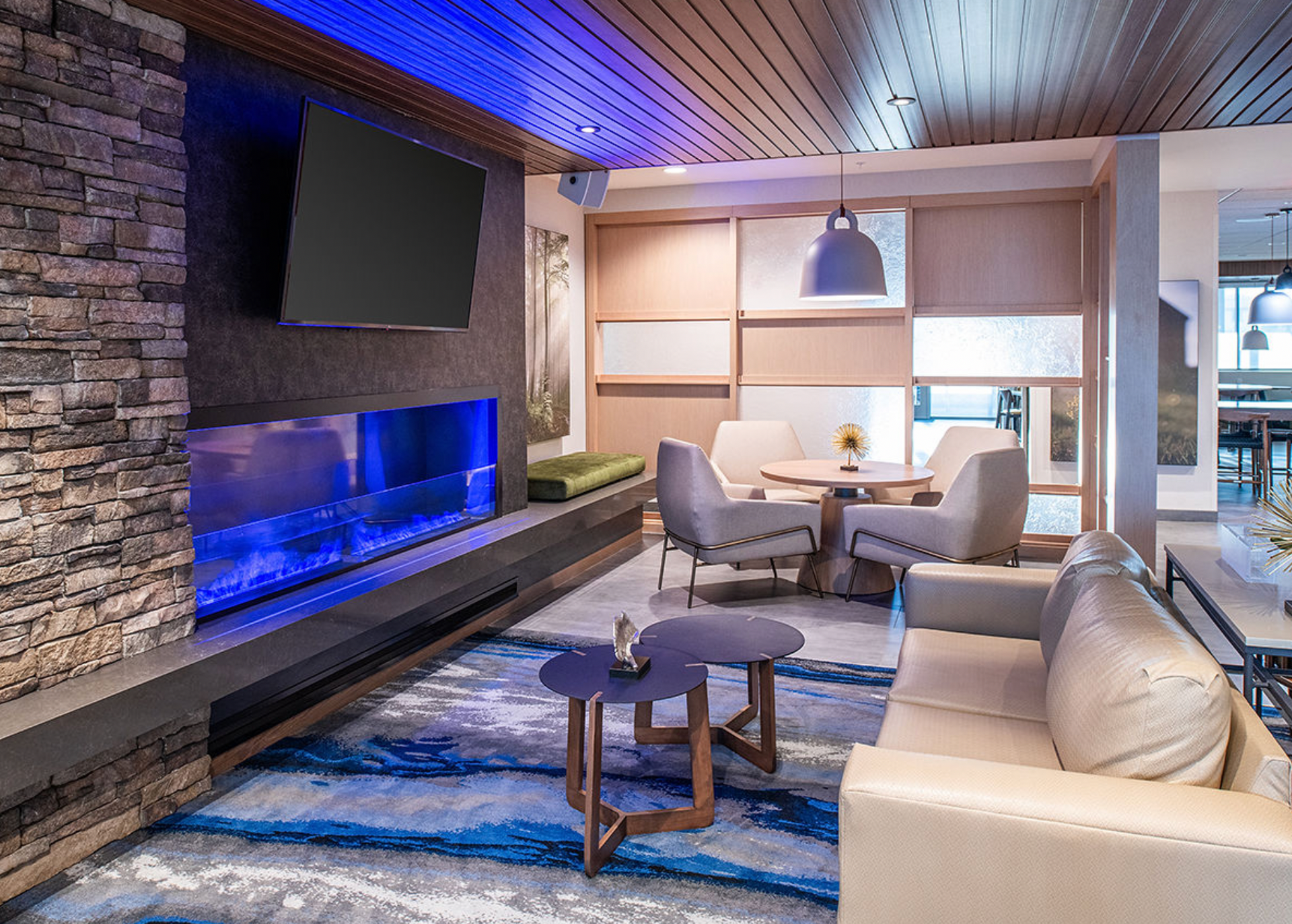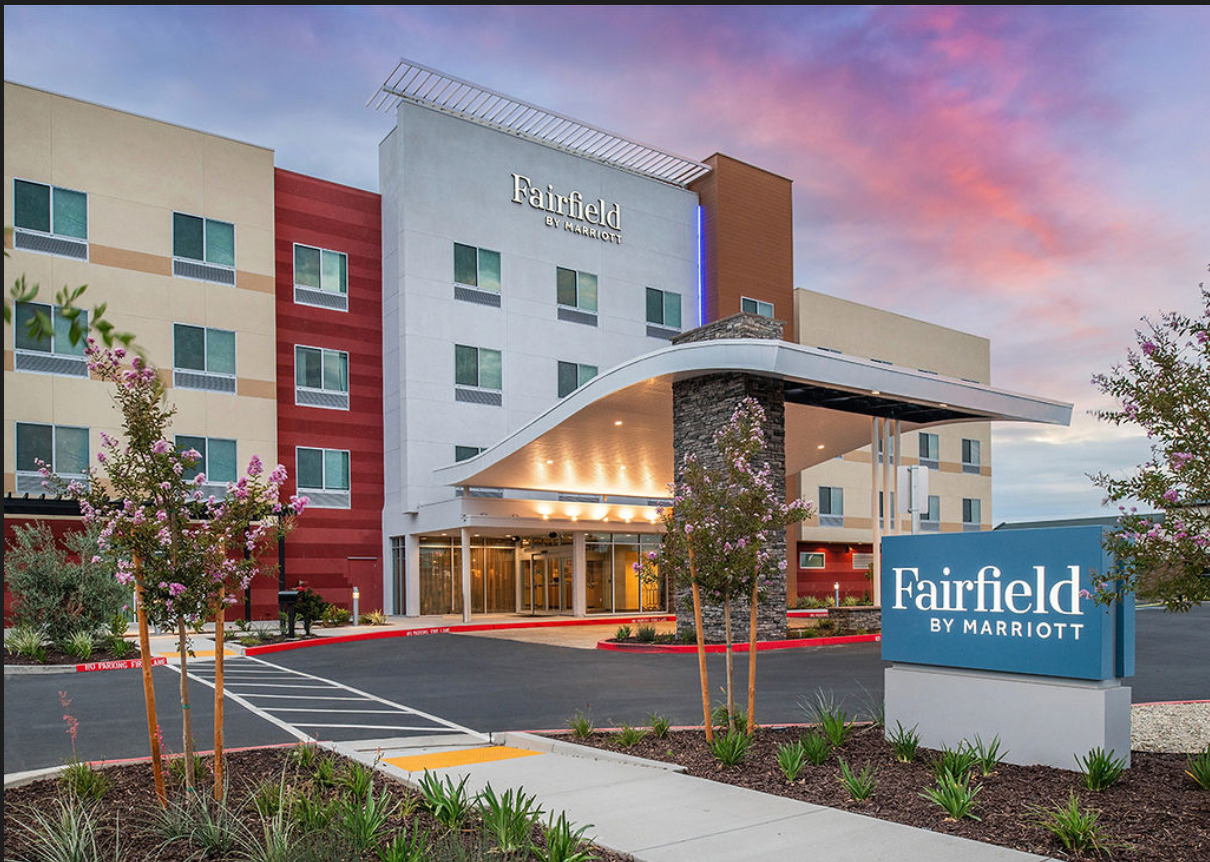Navigating Complex Hotel Development with Precision
Innovations and Strategies Driving the Future of Hotel Development

Embarking on a hotel development project entails a delicate dance of strategic planning and meticulous execution. Drawing from decades of collective industry wisdom and hands-on experience, we unravel the intricacies of successful hotel construction, offering valuable insights to guide stakeholders through the labyrinth of challenges and opportunities.
Understanding the Architectural Landscape
At the heart of every hotel build lies a blueprint that blends architectural vision with functional pragmatism. Take, for example, the Waldorf Astoria Beverly Hills, where the incorporation of floor-to-ceiling windows not only offers breathtaking views of the city but also floods the interiors with natural light, creating an ambiance of openness and luxury. Architects, designers, and developers must collaborate seamlessly to craft spaces that not only inspire but also optimize operational efficiency.
By leveraging modern architectural trends and innovative design principles, such as sustainable materials like reclaimed wood and energy-efficient HVAC systems, developers can create hotels that stand the test of time while meeting the evolving needs of guests.
Orchestrating Stakeholder Collaboration
The success of a hotel project hinges on the collective efforts of stakeholders, each playing a vital role in the symphony of construction. Consider The Cosmopolitan of Las Vegas, where the integration of a diverse array of entertainment options, luxury accommodations, and dining experiences was made possible through extensive collaboration between developers, designers, and hospitality experts.
Transparent communication and collaboration among stakeholders, facilitated through digital project management tools and regular progress meetings, were crucial for navigating the intricate web of regulations and ensuring seamless project progression. By fostering a culture of collaboration and accountability, stakeholders can mitigate risks, streamline processes, and deliver exceptional results.
Harnessing Data for Informed Decision-Making
In an era of technological innovation, data serves as a guiding light, illuminating pathways to informed decision-making. Hilton Worldwide's expansion of the Curio Collection and the development of innovative hotel concepts, such as Canopy by Hilton, are fueled by comprehensive market research and customer feedback analysis.
By leveraging data analytics and consumer insights, developers can identify emerging trends, assess demand for specific amenities or services, and tailor the design and guest experience accordingly. For example, Canopy by Hilton's focus on locally inspired design elements and curated local experiences is a direct result of data-driven insights into guest preferences for authentic and immersive travel experiences.
Cultivating a Culture of Continuous Improvement
Success in hotel development is not merely about achieving milestones but about embracing a mindset of perpetual growth. Marriott International's renowned service excellence is rooted in its commitment to continuous improvement and guest-centric innovation.
Feedback loops and post-project evaluations offer invaluable opportunities for reflection and refinement. By leveraging guest feedback data, operational performance metrics, and industry benchmarks, stakeholders can identify areas for improvement, implement corrective actions, and continually elevate the guest experience. Investing in employee training and development, guest feedback mechanisms, and operational efficiencies can drive excellence and set new industry standards.
Embracing Sustainable Practices
As custodians of the built environment, stakeholders bear a responsibility to prioritize sustainability and environmental stewardship. The LEED-certified 1 Hotel Brooklyn Bridge in New York City showcases innovative sustainable design principles, including energy-efficient systems like smart lighting and HVAC controls and locally sourced materials such as reclaimed wood and recycled glass.
By integrating sustainability into every facet of hotel development, stakeholders can create spaces that not only inspire but also endure for generations to come. Adopting renewable energy sources, implementing water conservation measures, and pursuing green building certifications can reduce environmental impact and operational costs while enhancing guest satisfaction and brand reputation.
In the dynamic landscape of hotel development, success is not defined by individual achievements but by collective ingenuity and collaboration. By drawing inspiration from real-life examples and delving into the specific features and strategies employed by leading hotels, stakeholders can navigate complexities with grace and precision, shaping the future of hospitality one project at a time.


